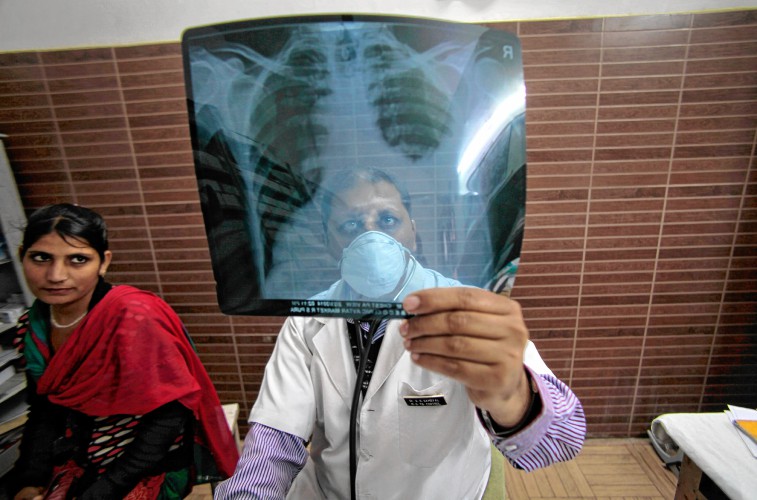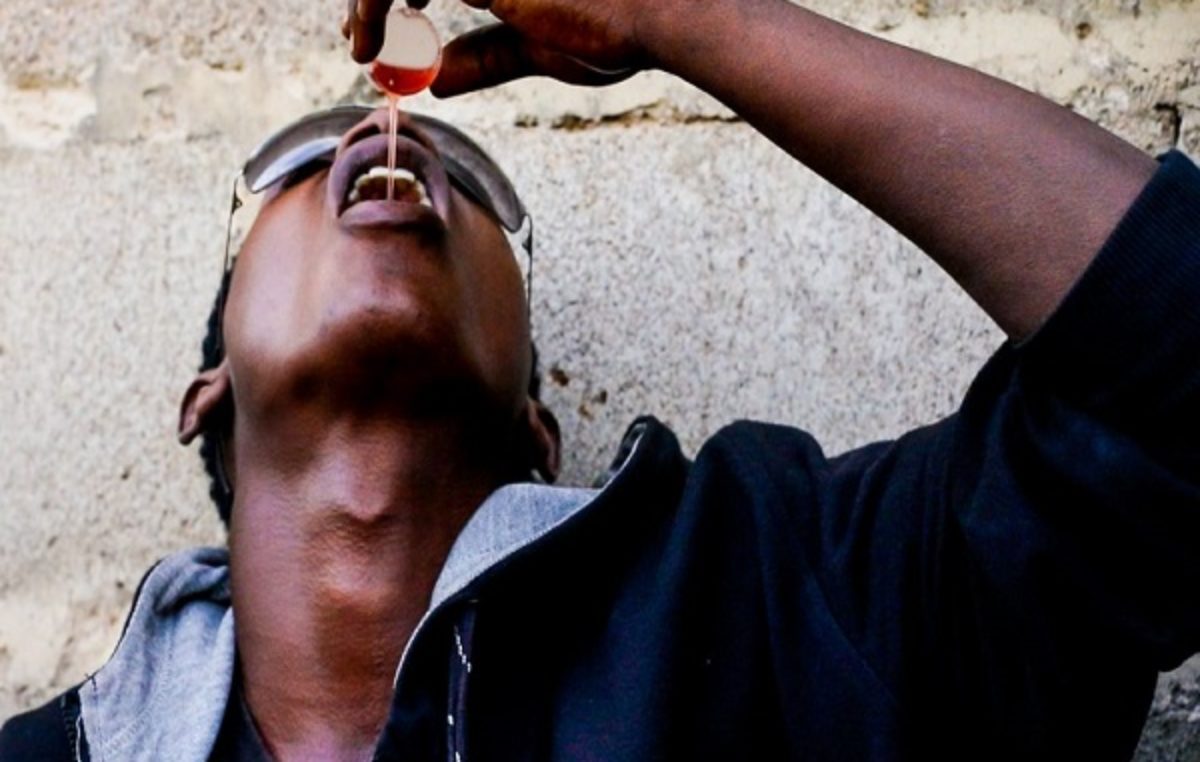
18 Nigerians Die Of Tuberculosis Every Hour- NTBLCP
No fewer than 18 Nigerians die hourly from Tuberculosis (TB), the National Tuberculosis, Burulli Ulcer and Leprosy Control Programme (NTBLCP) , said on Friday in Lagos.
Mrs Itohowo Uko, the Deputy Director of NTBLCP in the Federal Ministry of Health, disclosed this at an integrated media parley organised by Breakthrough Action -Nigeria in collaboration with the Health Writers Association of Nigeria (HEWAN), in Lagos.
Uko, who is also a laboratory scientist, described tuberculosis as an airborne infectious disease caused by the germ, Mycobacterium Tuberculosis, which affects the lungs mainly but may affect any other part of the body.
According to the World Health Organisation (WHO) 2017 global report, TB is one of the top 10 causes of death worldwide and Nigeria is classified among the 14 countries with high burden of TB.
It is estimated that two out of every 1,000 Nigerians will have TB; 104,940 TB patients representing about 20 per cent of existing patients were notified to the authorities in 2017.
This means that there is a huge number of TB patients in communities that are not notified.
‘No fewer than 18 Nigerians die every hour of TB and one case of untreated TB can infect between 10 and 15 persons per year.
‘Nigeria has the sixth highest burden of TB patients globally and first in Africa; of the 104,904 patients notified in 2017, 63 per cent were aged between 15 and 44; the working age group is the most affected, ” she said.
Uko said that the statistics were scary and called on all stakeholders to show concern to ensure a Nigeria-free TB, reduce burden , as well as reach zero TB deaths. On the dynamics of TB, she said that TB is spread through the air when the person with TB of the lungs coughs, sneezes, sings or talks.
According to her, TB is curable and the patient is not termed as infectious after few weeks of treatment.
‘Persistent cough of two weeks or more duration may be due to TB and needs to be further investigated. ”Other signs of TB of the lungs include: loss of weight when you are not trying to lose weight, drenching night sweats when others close by are not sweating like that and loss of appetite, ” she said.
Uko advised the public to avoiding overcrowded and poorly ventilated environments, observe cough hygiene by covering their mouths properly when coughing and sneezing.
She also advised them not to be spitting indiscriminately in public, as well as eating a balanced diet to avoid malnutrition.
She also called for prompt diagnosis of TB in patients and recommended treatment for six months to prevent spreading the germ to others.
‘TB is completely curable if detected and treated early; the drugs and diagnostic tests are free of charge in Nigeria.
‘The toll-free number to call is 08002255282 if you have any of the above signs or symptoms for further guidance.
‘There is the urgent need to increase early TB case finding, notification and treatment,’’ she said. Uko also urged the media to work with health agencies in the dissemination of health-promoting messages to the public.
In her remarks, Dr Bolatito Aiyenigba, Deputy Director, Malaria and Tuberculosis Project of Breakthrough Action-Nigeria, said the project focused on Integrated Health Social Behaviour Change in the country. Aiyenigba highlighted maternal, neonatal , child health , as well as nutrition, family planning, malaria and tuberculosis as its areas of focus.
She also said that the project had helped to build media capacity in the reportage of malaria, family planning, nutrition and tuberculosis. “Health is a general concern and the media has a role to play in educating and informing the public on the need to adopt healthy lifestyles and reduce the high prevalence of diseases in the country,’’ Aiyenigbe said.




